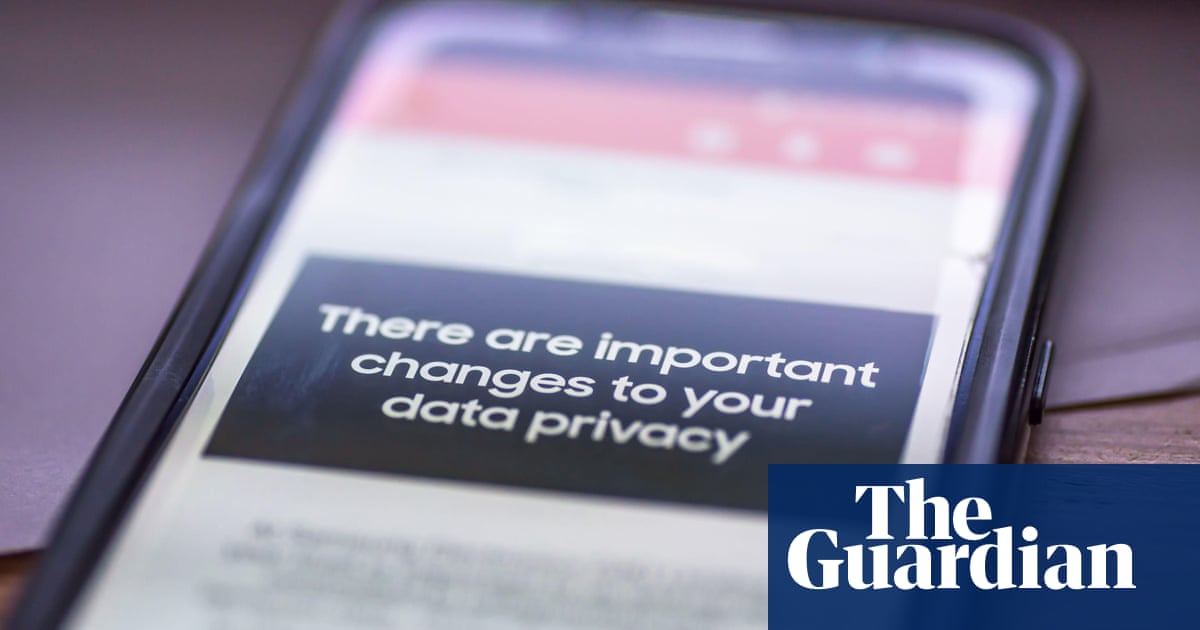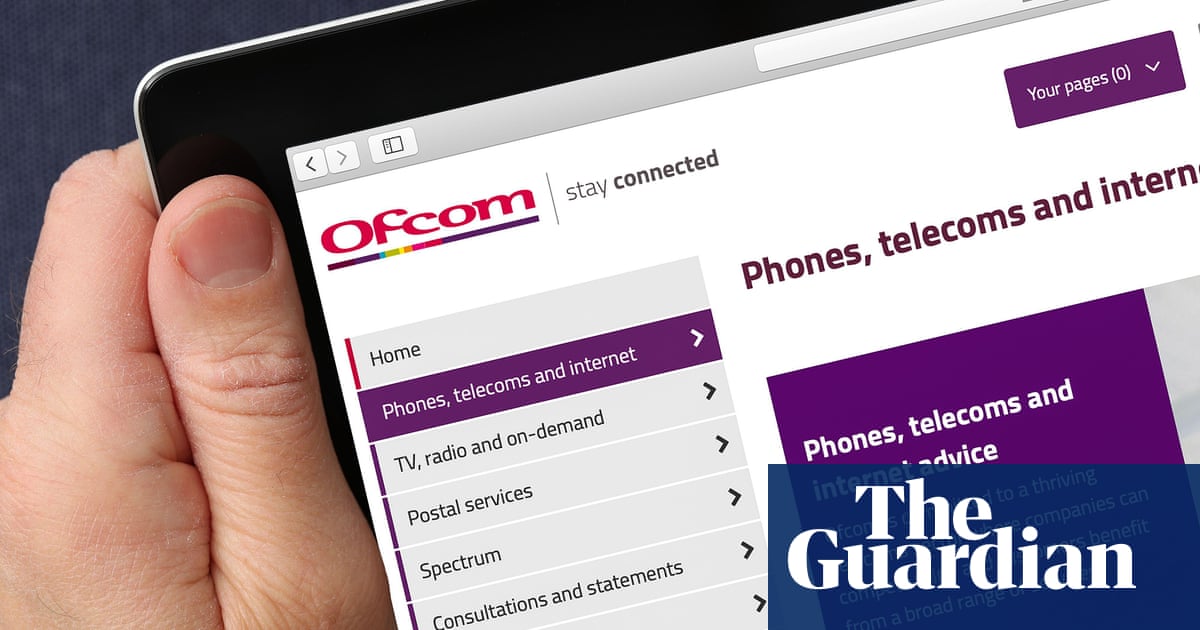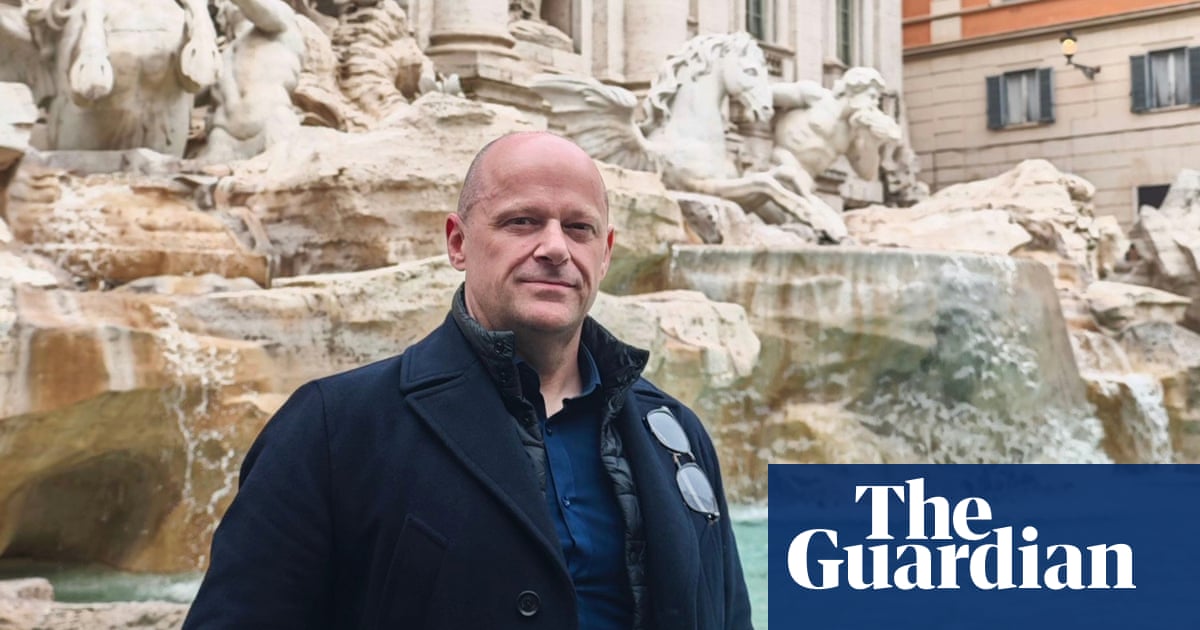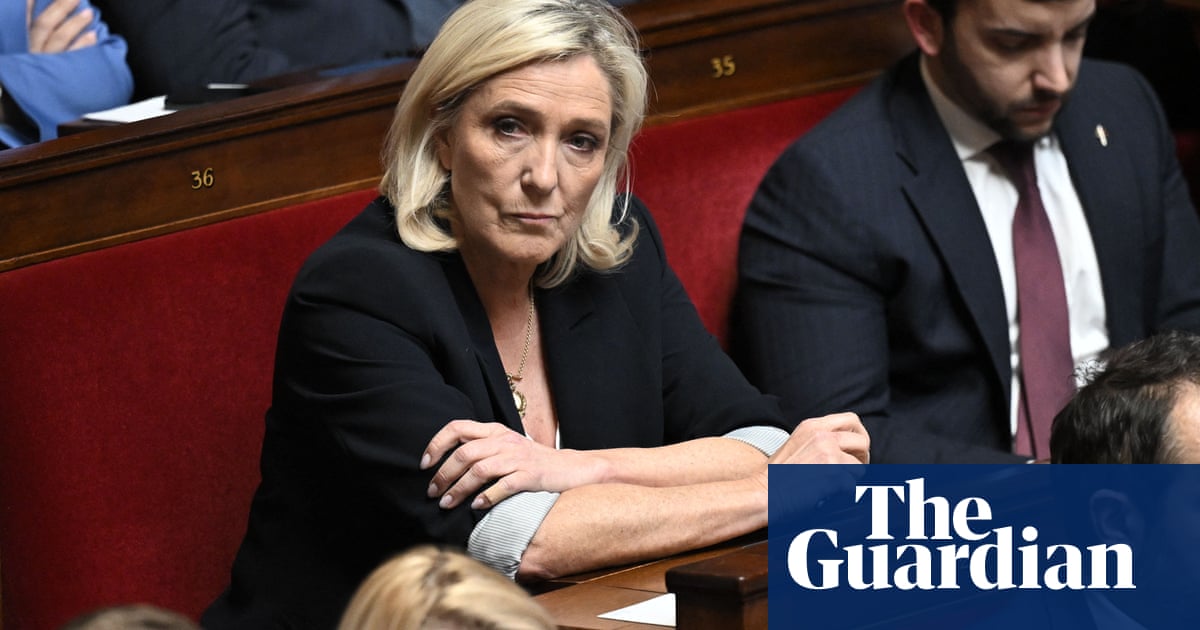Washington DC has found itself in the crosshairs of Donald Trump and congressional Republicans in recent weeks, with efforts by both to exert more control over the overwhelmingly Democratic capital city.
The president on Thursday signed an executive order he said would make Washington DC “safe, beautiful, and prosperous” by stepping up crime fighting, arrests of undocumented immigrants and the processing of permits to carry concealed weapons. Trump separately directed JD Vance to “remove improper ideology” from the Smithsonian Institution, which has many museums in and around the city.
Weeks earlier, Republicans in Congress approved a $1bn cut to the city’s budget that the mayor, Muriel Bowser, warned would result in disruptive cuts to police, schools and health services. The Senate quickly scrambled to undo the reduction, an effort Trump has since endorsed, but it is unclear when the House of Representatives will act.
“The House should take up the D.C. funding ‘fix’ that the Senate has passed, and get it done IMMEDIATELY. We need to clean up our once beautiful Capital City, and make it beautiful again,” the president wrote on Friday.
The forays into the city’s politics come despite efforts by Bowser to improve her previously tense relationship with Trump, including by jackhammering the Black Lives Matter plaza installed near the White House. While the public-safety executive order had long been anticipated, the budget cut was a surprise that was enacted as part of a federal government spending bill passed hours before a shutdown would have occurred.

Tazra Mitchell, chief policy and strategy officer at the DC Fiscal Policy Institute thinktank, said a cut of that magnitude to the city’s budget would ripple beyond its borders and affect transit and healthcare systems shared with neighboring Maryland and Virginia.
“We’re taught as children, if we make a mistake, we own up to it, and we try to do better and right the wrong that we’ve caused. And what we saw is that the US House had that opportunity and chose not to right the wrong,” Mitchell said.
The legislation, written by House Republicans and making use of Congress’s ability to review Washington DC’s laws, omits language approving its budget for the 2025 fiscal year. That prevents the city from spending its own locally collected tax revenue and forces a reversion to 2024’s spending levels, with likely devastating effects on its municipal services.
“These are local dollars. It doesn’t save the federal government any money. We’re halfway through our fiscal year, and cutting now would be reckless,” Bowser said at a press conference after the spending bill was approved.
While she did not say when the cut would take effect, the mayor warned that “if we had to make a billion-dollar cut right now … we have to go where the money is in our budget to cut that fast. And our top areas of spending are schools, public safety and the human services.”
It is unclear how the language approving Washington DC’s budget was removed from the federal spending bill, but just after it passed the Senate, the Republican Susan Collins described the omission as “a mistake”, and the chamber unanimously passed her legislation to fix it.
In the House, Republican leaders have not said when they will put it up for a vote, and a spokesperson for the speaker, Mike Johnson, did not respond to a request for comment. After Trump weighed in, Punchbowl News reported that the House would likely vote on the measure in early April.
after newsletter promotion
Rosa DeLauro, the top Democrat on the House appropriations committee, tried to get language approving the city’s budget added back in when her chamber passed the spending bill, but Republicans refused. “Speaker Johnson continues to drag his feet on putting the DC funding fix on the floor of the House of Representatives. This should have never happened,” DeLauro said. “President Trump is right to call on the House to take up the bill that the Senate has already unanimously passed.”
Some allies of the president have encouraged passage of the fix, including the National Fraternal Order of Police, which warned of a “quite severe” public-safety impact if the funding is not restored. The right-leaning American Enterprise Institute called the funding cut “deeply unfortunate”, while Ed Martin, the Trump-appointed interim US attorney for the district, told a neighborhood group this week that he had asked Johnson to bring the fix to the floor.
Some aligned with Trump regard the fix as leverage that should be used over the city. Before Trump weighed in, Andy Harris, chair of the far-right House Freedom caucus, told the Hill the measure’s passage should be delayed because his group needs “a little while to come up with a list of what requirements we should put on DC”, and criticized the city for spending “dollars in ways that in the past we thought were pretty foolish”.
Zack Smith, a senior legal fellow at the conservative Heritage Foundation, outlined in the Daily Signal a series of policies Congress could impose on Washington DC in the fix, including banning non-citizens from voting in local elections, preventing the city from spending money on undocumented immigrants and giving federal prosecutors the ability to prosecute juvenile offenders as adults.
If House leaders agree, it would be the latest instance of congresses, Democratic and Republican alike, interfering in the affairs of a city that many residents believe should be a state.
“It’s not even a budget cut. It’s really like a power grab over DC’s budget,” said Alex Dodds, co-founder of Free DC, a group that advocates for the city’s autonomy. “There’s just no way that people in Congress or this president know what we need better than we do.”

 2 days ago
11
2 days ago
11













































